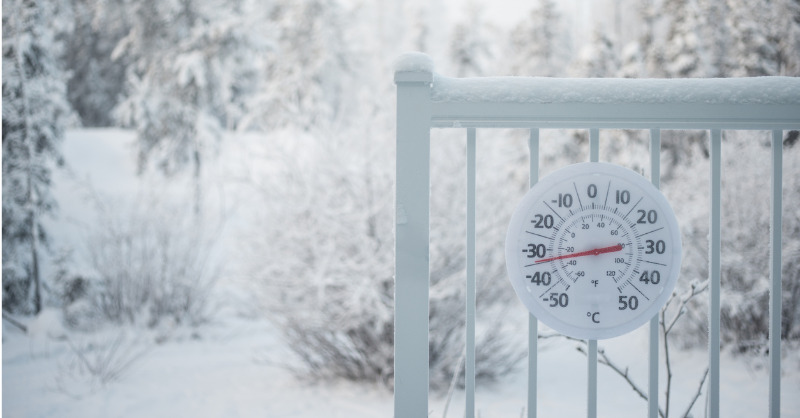
How to Play It Safe in Cold Weather
Whether you live in a cold climate or are heading out for a ski vacation or to visit family in a wintry locale, knowing how to handle below freezing temperatures is essential for your well-being.
According to emergency physicians, when temperatures drop, the risk of illness or injury can rise, especially for children and seniors. Overexposure to cold can be very dangerous, and it is easier to get hypothermia than most people think.
Hypothermia occurs when your body temperature cools too fast and drops below 95 degrees Fahrenheit. Signs of hypothermia include drowsiness, confusion, slurred speech, weak pulse or shallow breathing. Slower cognitive abilities, impaired decision-making and failing motor skills can make it harder to recognize and get out of danger. People with certain medical conditions are more at risk, including diabetics with low blood sugar, smokers with impaired circulation, or those with mental health afflictions.
Fortunately, experts say that a little preparation goes a long way. If you encounter bad weather, try to stay off the roads and limit your time outside, but in the meantime, prepare yourself for an emergency:
According to emergency physicians, when temperatures drop, the risk of illness or injury can rise, especially for children and seniors. Overexposure to cold can be very dangerous, and it is easier to get hypothermia than most people think.
Hypothermia occurs when your body temperature cools too fast and drops below 95 degrees Fahrenheit. Signs of hypothermia include drowsiness, confusion, slurred speech, weak pulse or shallow breathing. Slower cognitive abilities, impaired decision-making and failing motor skills can make it harder to recognize and get out of danger. People with certain medical conditions are more at risk, including diabetics with low blood sugar, smokers with impaired circulation, or those with mental health afflictions.
Fortunately, experts say that a little preparation goes a long way. If you encounter bad weather, try to stay off the roads and limit your time outside, but in the meantime, prepare yourself for an emergency:
- Gather emergency supplies in anticipation of power loss or other utility/service shutdown.
- Install and maintain smoke and carbon monoxide detectors.
- Heed weather reports and warnings from the experts.
- Be mindful of family members' specific needs, including medications. And, don't forget pets!
- Keep an emergency supply kit in your car that includes jumper cables, a flashlight, warm clothes and bottled water.


